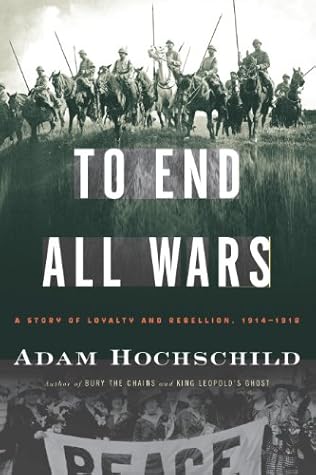More on this book
Community
Kindle Notes & Highlights
Read between
May 19 - July 22, 2017
For history, when examined closely, always yields up people, events, and moral testing grounds more revealing than any but the greatest of novelists could invent.
They raised a question that would resound even more contentiously in the next decade, in a war whose costs, human and financial, were astronomically higher: was loyalty to one’s country in wartime the ultimate civic duty, or were there ideals that had a higher claim?
The contest between the two nations to mobilize shipyards, foundries, and machine tools to build these fearsome vessels gave a hint of something new in the military trade: warfare that might be decided not by bravery, dash, and generalship, but by industrial might.
For him, as for many other delegates, socialism was less a matter of workers owning the means of production—although he firmly believed in that—than a moral crusade for a society that put workers before profits, public good before private wealth, and, above all, peace before war.


